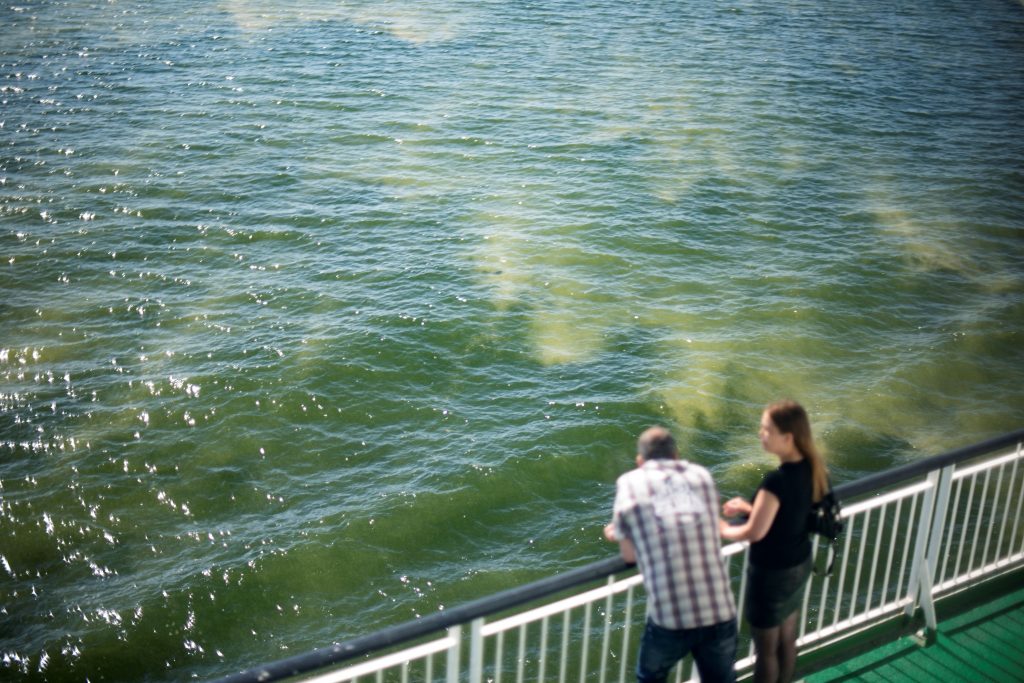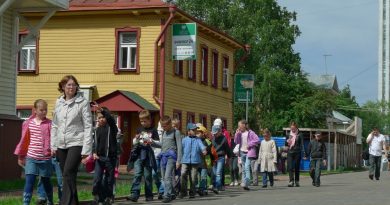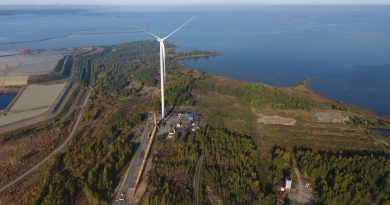Finland expecting less blue-green algae blooms than in previous years

This summer there is a decreased risk of widespread blue-green algae blooms in Finland’s sea areas compared to the last couple of years, according to the Finnish Environmental Institute.
A drop in nutrients that feed the green, murky organisms are behind the expected shrinkage.
However, the agency said that warmer temperatures this summer could spark significant blooms in the Gulf of Finland.
The warmer-than-average temperatures last month may contribute to blooms taking place earlier than usual, as well, according to the institute’s head researcher Harri Kuosa.
“Weather conditions are a major factor affecting the blue-green algae situation; a warm summer allows more extensive algae blooms to form. Last year, high nutrient levels in the sea water did not lead to significant blue-green algae blooms because the summer was cold,” Kuosa said.
Risk highest in western, central Finland
The institute said that the risk of blue-green algae blooms is high in western and central regions of the Gulf of Finland, while the risk is moderate in the “northern area of the main basin of the Baltic Sea, the Archipelago Sea and the southern areas of the Bothnian Sea. The risk is low in other parts of the Bothnian Sea and the Bay of Bothnia,” the institute wrote in a press release issued Thursday.
The peak of blue-green algae blooms in Finland tend to take place towards the end of July or early August, and the blooms sometimes continue in isolated areas into the autumn months, but not in as plentiful amounts.
The institute said that blue-green algae can form various toxins and substances which irritate human skin, and reminded people to always treat algal blooms with caution.
Related stories from around the North:
Canada: Canada wants to up collaboration with First Nations, Inuit, Métis on national parks, Eye on the Arctic
Finland: No end in sight for Helsinki’s record, month-long drought, YLE News
Germany: Ocean acidification could doom key Arctic fish species: study, Radio Canada International
Norway: In Arctic Norway, seabirds build nests out of plastic waste, The Independent Barents Observer
Russia: Russia’s Arctic nuclear dump could become promising fishing area, The Independent Barents Observer
Sweden: Baltic Sea plastic levels puzzle researchers, Radio Sweden
United States: Algae-related toxins found in Arctic sea mammals, Alaska Dispatch News



